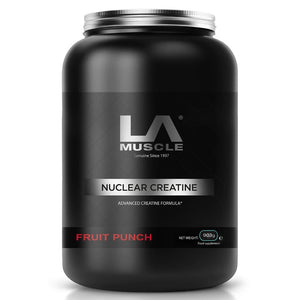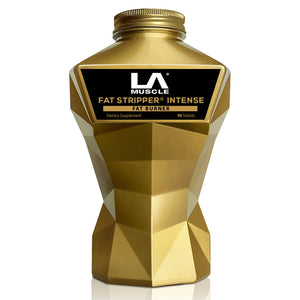
Caffeine, a natural stimulant most commonly found in coffee, tea, and cacao plants, impacts the brain and central nervous system, helping you stay alert and prevent the onset of tiredness. While often discussed for its negative effects on sleep and anxiety, caffeine also boasts numerous health and performance benefits. Here's an extensive look at 15 benefits of caffeine, based on scientific research and clinical studies.
1. Enhances Brain Function
Caffeine stimulates the central nervous system, improving various aspects of brain function, including memory, mood, vigilance, energy levels, reaction times, and general cognitive function. Studies suggest that caffeine's effect on brain function is immediate and can last for several hours, depending on the individual's caffeine metabolism.
2. Boosts Metabolism
Caffeine can increase your metabolic rate by 3-11%, helping to boost the fat-burning process. This thermogenic effect means that consuming caffeine can help you burn more calories at rest, contributing to weight loss or maintenance efforts.
3. Improves Physical Performance
By stimulating the nervous system, caffeine can signal fat cells to break down body fat. It also increases adrenaline levels in your blood, preparing your body for intense physical exertion. Caffeine can enhance physical performance by approximately 11-12%, making it a popular pre-workout supplement.
4. Lowers Risk of Type 2 Diabetes
Research indicates that caffeine consumption is associated with a reduced risk of developing type 2 diabetes. The compounds in caffeine may help in reducing insulin sensitivity and impairing glucose tolerance, thereby lowering the risk of developing the condition.
5. Protects Against Heart Disease and Stroke
Contrary to popular belief, caffeine consumption is linked to a lower risk of heart disease in some studies. Moreover, a moderate intake of coffee — which is rich in caffeine — is associated with a reduced risk of stroke.
6. Protects the Liver
Caffeine may also protect against liver conditions, such as liver fibrosis, by reducing the expression of genes that promote liver tissue scarring. It has been linked with a lower risk of developing liver diseases, including liver cancer, fatty liver disease, hepatitis, and liver cirrhosis.
7. Reduces Risk of Alzheimer's and Parkinson's
Caffeine is not only linked to a reduced risk of developing Alzheimer's disease but also appears to reduce the risk of Parkinson's disease. Its neuroprotective properties may inhibit the brain processes that lead to these neurodegenerative conditions.
8. Fights Depression
Caffeine consumption has been associated with a lower risk of depression. The stimulant effects of caffeine can boost mood, leading to a reduced risk of developing depression and a decreased risk of suicidal ideation.
9. Enhances Mood
Caffeine stimulates the central nervous system and increases the production of neurotransmitters like serotonin, dopamine, and noradrenaline, which can improve your mood and help combat feelings of tiredness and depression.
10. Contains Essential Nutrients
Coffee, one of the primary sources of caffeine, contains several important nutrients, including riboflavin (vitamin B2), pantothenic acid (vitamin B5), manganese, potassium, magnesium, and niacin (vitamin B3).
11. Lowers Risk of Certain Cancers
Caffeine consumption has been linked with a lower risk of certain types of cancer, including liver and colorectal cancer. The antioxidants in caffeine may play a role in cancer prevention by protecting cells from damage.
12. Reduces Risk of Stroke
As mentioned earlier, moderate consumption of caffeine can reduce the risk of stroke. This is potentially due to caffeine's ability to improve blood circulation and its anti-inflammatory properties.
13. Improves Reaction Time and Alertness
Caffeine's stimulatory effects can improve reaction times, alertness, and attention. This makes it beneficial for activities that require sustained concentration, such as driving or studying.
14. Prevents Kidney Stones
Caffeine may help prevent kidney stones by increasing urine volume, thereby diluting the concentration of minerals that may form stones. It also has a diuretic effect, which can help flush out toxins from the body.
15. Enhances Longevity
Some studies suggest that caffeine consumption may be associated with a longer lifespan. This could be due to caffeine's protective effects against various diseases, including heart disease and diabetes.
While caffeine offers numerous benefits, it's important to consume it in moderation. Excessive caffeine intake can lead to negative effects such as insomnia, nervousness, restlessness, stomach irritation, nausea, and an increased heart rate. It's recommended to limit caffeine intake to about 400 milligrams per day for most adults, which is roughly the amount in four 8-ounce cups of brewed coffee.


























